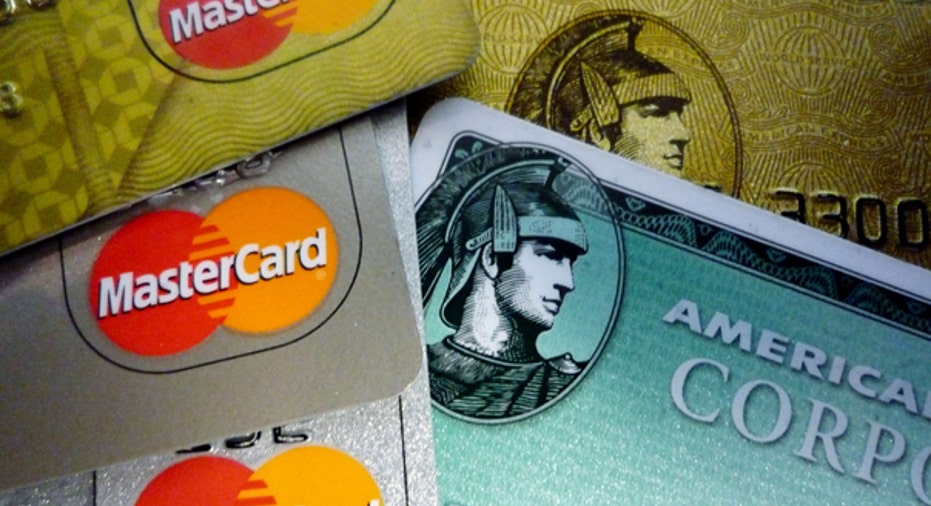How Likely is it You'll be Sued for Unpaid Debt?

Dear To Her Credit,
What is the likelihood a collector will sue when I'm not paying? Is it more likely if I owe $30,000 on two cards, or just $14,000 on two others? My credit score is 550.
-- Stephanie
Dear Stephanie,
Either way, I'm afraid your likelihood of being sued is high. And getting sued isn't the only bad thing that can happen. If you're tens of thousands of dollars in debt and not making payments, you need to turn this financial ship around quickly -- before it hits the rocks!
Your chances of being sued are determined less by how much you owe on each card than by whether creditors think they can collect by suing you, according to Deborah McNaughton, president of Professional Credit Counselors, an Orange County, Calif., credit counseling agency.
"Before a creditor initiates a suit, they will investigate your assets," says McNaughton. "Do you own a home? How much equity is there? They also will review your credit report to see what you currently owe, if you are not making payments on other accounts, etc."
"Some people have no assets, equity or money to even collect on a lawsuit," says McNaughton. "If she has no equity, no earning power, no assets and the balances are low ... maybe the creditor will simply write it off as a charge-off. Her balances are high, so it's a 50/50 chance they will file suit."
Besides the high possibility of being sued, you need to worry about what's happening to your credit score if you don't make your payments. Your score is about one point away from the lowest possible range, which means it could keep you from getting credit from the normal channels when you need it. If you allow it to fall further, the consequences just get worse.
People with low credit scores still get credit. Some of them may be convinced they're getting a good deal on credit, whether it's from the payday loan store or the friendly used car salesman down the street. But rest assured, potential creditors looking at a 550 credit score are going to find some way to charge more money to make up for the much higher risk they are taking by lending to you. They'll do that either with higher interest rates, extra fees or increased prices on whatever they are selling you.
Potential creditors are not the only people who look at your credit score. If you apply for an apartment at the same time as someone with a 650 or 700 credit score, you won't be getting the keys. Landlords prefer tenants with a history of paying their bills.
Plus, if you don't pay your bills, you have to endure collection tactics, including phone calls and letters, and all the stress that goes with it. Nothing good comes from unresolved debts. Ignoring them won't make them go away. Here's what to do instead:
The first thing you need to do is figure out exactly where you stand. Make a list of all your debts, including minimum payments and interest rates on each account. Make another list of your assets, such as bank and brokerage accounts. You'll also need to make a list of your monthly income and expenses. If you need help with this step, consider asking a trusted friend or family member, or talking to a credit counselor at an accredited counseling agency.
Look hard at your budget and decide if there's any hope of paying off your debts. If you can pay your bills, you should. If you can't pay your bills because of a temporary situation, such as illness or unemployment, you may be able to resume paying off debts later with the help of a hardship exception.
If you have a steady income, a counselor may be able to show you how to budget and pay off your debts, even if they seem insurmountable to you right now. Many people who thought they couldn't get by without charging expenses on their credit cards every month have learned to spend less, make more, or both so they can pay down their debts instead. One good thing about paying off debt is that you learn financial management by doing so. Your chances of ever getting in that situation again are much lower after you've gone through that process.
If you're never going to be able to pay off your debts, consider bankruptcy or debt negotiation. Both options are last resorts. They will affect your credit score and your ability to get credit in the near future, and neither option is the "easy way out." But if you owe as much or more than your annual income, or if you've had some catastrophic one-time event such as a lawsuit, business failure or serious illness, bankruptcy laws were designed to help people like you.
More from CreditCards.com:



















